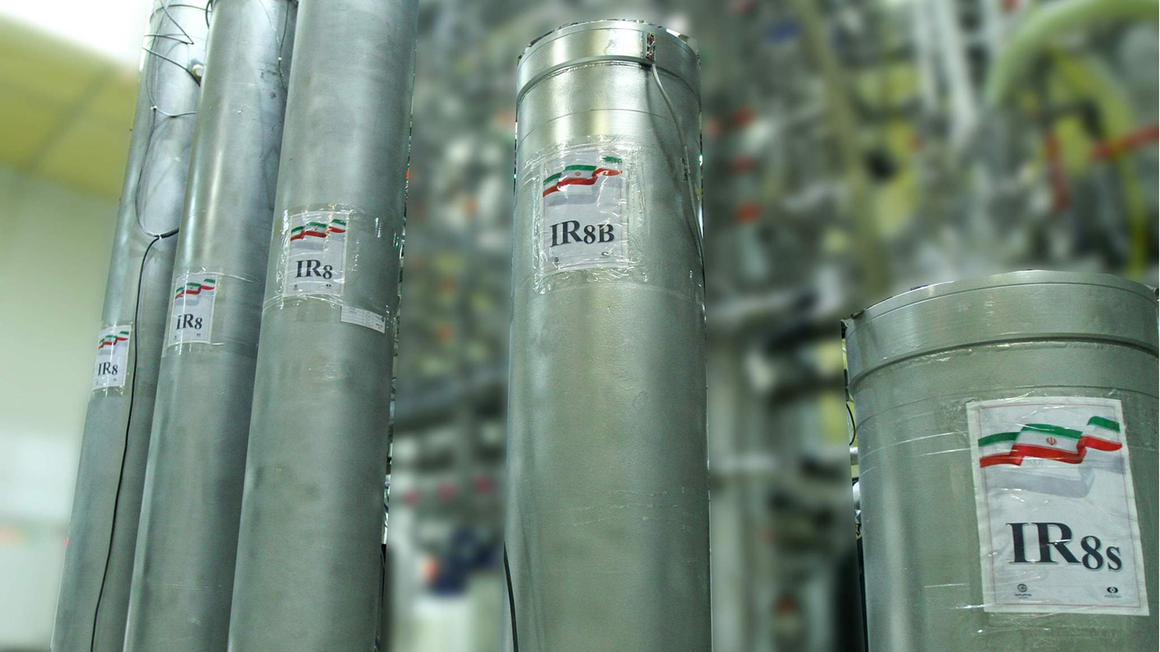
USA and China: It’s China, Stupid
"It's the economy, stupid" is a famous quote from one of Bill Clinton's strategists. Just as the economy was the greatest challenge for Clinton in 1992, China is the same for President Joe Biden now. So, since China will likely come to define Biden's presidency: “It's China, stupid.”
China is the biggest problem for the new president, Biden, because the country has economic, military and technological muscles that rival those of the United States, according to America's former secretary of state, Henry Kissinger. China's ambition is to play an increasingly greater role in international politics, and the country has a president who strikes a chord with nationalists and chauvinists. China and the U.S. also share a common trap they are both likely to fall into: Taiwan.
Kissinger believes the challenges surrounding China are greater than those involving the Soviet Union during the Cold War. Relatively speaking, China has a much stronger economy than the Soviet Union had then, and it is stronger technologically — Kissinger points particularly to artificial intelligence — while the Soviet Union based its position of power on one thing: nuclear weapons. China has many more cards to play.
Biden can feel China breathing down his neck. In his speech to Congress last week, he emphasized China, and, surprisingly enough, posed the question: Can a democracy like America compete with authoritarian China when it comes to the ability to make decisions? It’s surprising because the answer isn't a given — it's open, or maybe even negative. Just look at the two countries' approaches to the pandemic. The question is just as open in the war games that American generals play, where they simulate a military confrontation between China and the U.S. in East Asia — and where China now sometimes comes out victorious.
Then there is the big stumbling block in this complicated relationship: Taiwan. The losing group in the Chinese Civil War fled to Taiwan in 1949, when the Chinese Communist Party took over. Under the presidency of Xi Jinping, China has increasingly emphasized that Taiwan is a part of China. Xi is a nationalist and a chauvinist, who, since coming to power, has especially strengthened China's navy. He is also a leader who is more willing to take risks than his recent predecessors. An invasion of Taiwan would be the ultimate risk.
However, Xi is also a president who has built his legitimacy on economic growth, social stability and basking in the glory of China's increasingly stronger position in the world. If one looks past Donald Trump's trade war, which is important enough in itself, the big question many are asking is: Will it be possible to avoid a future war between the U.S. and China? And what will that mean?
Some U.S. generals fear China may invade Taiwan, with its 24 million inhabitants, as soon as 2027. The U.S. does not have any formal obligation to defend Taiwan, but an attack on the nation could define that part of the world for the foreseeable future. If the U.S. doesn't come to Taiwan's defense, China will become the totally dominant force in Asia overnight, and U.S. allies, such as Japan and South Korea, will see just how much the United States’ support is worth when it comes to facing formidable China.
Biden seems to have the same approach to China as he has to Russia. He is direct and condemnatory in his criticism of violations against human rights, but he is also pragmatic and cooperative in the areas where the U.S. is willing to cooperate. His administration says that China's treatment and brainwashing of the Muslim Uyghurs is "genocide," while on the other hand, he is willing to work together with China on issues regarding climate change, as he demonstrated at the Leaders Summit on Climate, which he initiated at the end of March.*
China will dominate Biden’s foreign policy agenda. However, U.S.-China relations don't necessarily need to be clarified during Biden’s time in office. In the words of China's paramount leader from the last century, Deng Xiaoping, the man who finally cleaned up after Maoism's devastation: "Let us leave it to a wiser generation." The question is, though: Is Xi as wise as his predecessor?
*Editor’s note: On March 26, 2021, President Biden invited 40 world leaders to the summit. The summit was held April 22-23.

